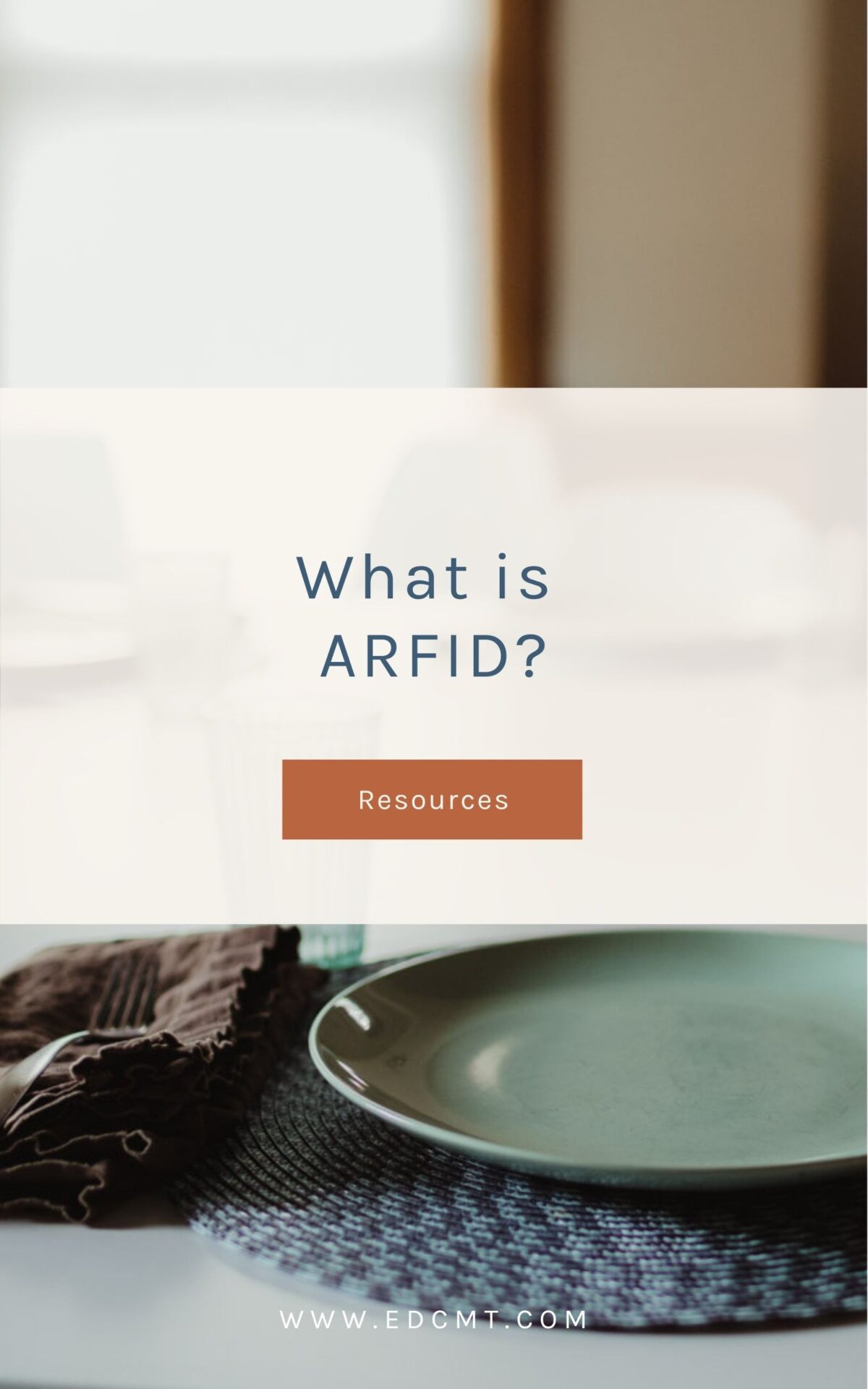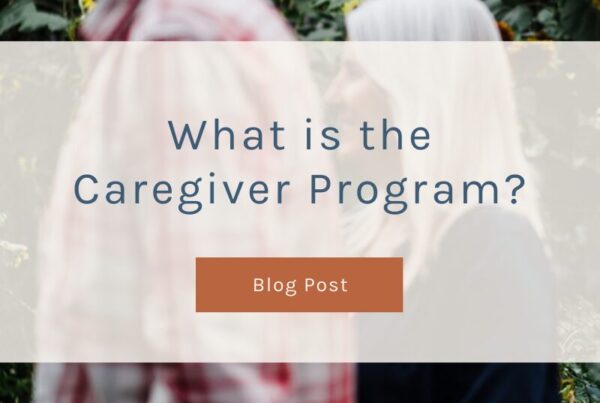
What is ARFID?
Avoidant/Restrictive Food Intake Disorder (ARFID) is often described as “extreme picky eating.” This eating disorder, though growing in frequency, doesn’t receive enough air time and can be misunderstood and misdiagnosed.
ARFID most often appears in children and adolescents but can be diagnosed at any age. There is a growing trend of more adult diagnosis’s of ARFID which is thought to be associated with with the increase in specialized diet trends such as vegan, gluten-free, Whole30, Keto, intermittent fasting and other popular diets that eliminate one or more food groups from the diet.
ARFID differs from other eating disorders because avoidance of food is impacted primarily by no interest in eating, sensory avoidance of particular tastes and textures and smells, and/or fear of adverse consequences from eating including choking, allergies and illness.
Characteristics of ARFID include:
- Having a short, specific list of acceptable or safe foods (sometimes as little as 20 foods)
- Avoiding particular textures or colors of food
- Preference for particular food preparation methods,
- Avoidance of entire food groups (vegetables, meats, fruit, etc),
- Poor weight gain and growth in adolescents and difficulty maintaining weight in adults
- Heightened emotional distress with unfamiliar foods
It is common for Avoidant/Restrictive Food Intake Disorder to co-exist with other conditions including anxiety disorders, developmental disabilities and autism.
ARFID can have significant negative health impacts including malnutrition and failure to thrive (in children), GI complications, developmental delays and nutrition deficiencies.
ARFID can also cause stress in social interactions and individuals may choose to avoid social events that involve eating. It can be very stressful when the individual feels pressured to eat; “Just try it — you’ll like it!”
As with all EDs, Avoidant/Restrictive Food Intake Disorder is not a choice and no one is to blame. Having an informed and supportive team that validates the eating struggles is so important for children, families and adults with ARFID. Your team will work with you to regulate anxiety at meal times, gradually build variety into your eating patterns and correct any nutrition deficiencies.
For those struggling with ARFID, having a diagnosis and receiving treatment can be extremely validating. Many people have been shamed/pushed to “just eat and not freak out,” not knowing that they deserved help and treatment to work through an eating disorder.




